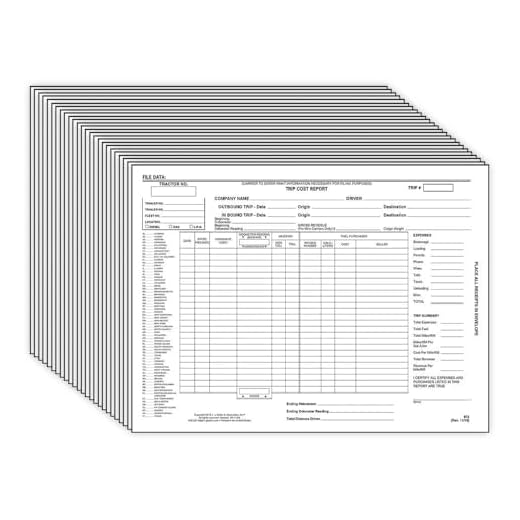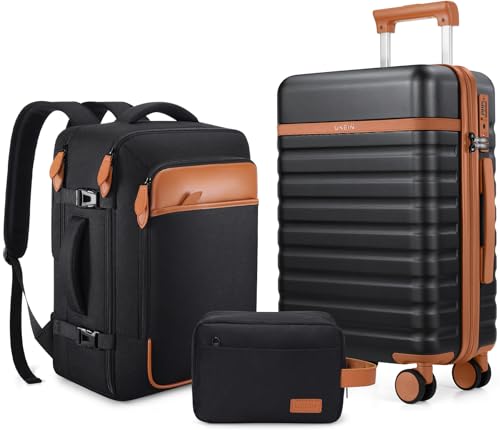Expect reimbursement between $1,500 and $3,500 depending on your travel route and the transporting company’s specific guidelines. International regulations dictate a minimum payout of approximately €1,200 for lost belongings, which can vary by region and carrier.
Claim your rights promptly, as most companies require notification within 24 hours of incident discovery. Documentation, such as receipts for claimed items, is vital; retain copies of all correspondence to support your case.
Inquire about specific limits: Each operator has distinct terms regarding maximum compensation. Understanding these limits helps set expectations and informs your proactive measures to ensure fair treatment.
Be aware that delays in locating your property might not guarantee full compensation. Keep records of all interactions and maintain a list of affected items to streamline the claims process. Seeking assistance from a travel insurance provider could also further enhance your chances of appropriate restitution.
Reimbursement Amounts for Missing Baggage
Typically, compensation varies by carrier and is influenced by the destination, ticket class, and specific airline policies. In many cases, airlines adhere to regulations that define a maximum limit for indemnification.
Standard Compensation Limits
- For domestic flights within the U.S., many sectors adhere to a reimbursement cap of approximately $3,800 per traveler.
- International travel often follows the Montreal Convention guidelines, which set a limit around €1,288 (approximately $1,500) per passenger.
- In some regions, local laws may dictate different maximum amounts. Always check the specific regulations applicable to the route.
Claims Process and Recommendations
- File your claim as soon as you realize your belongings are missing. Prompt action is essential for maximizing your chance of recovery.
- Keep all relevant documentation: boarding passes, baggage claim tags, and any communication with the airline.
- Thoroughly detail the contents of your missing items. Include receipts or valuations where possible, as this can enhance the legitimacy of your request.
- Follow up persistently. Maintain a record of all communications with the airline for reference during the resolution process.
Understanding Airline Liability Limits for Lost Baggage
Seek clarity on maximum compensation amounts, as these vary significantly among carriers. The international standard, outlined by the Montreal Convention, caps reimbursement for checked belongings at approximately €1,600 (or around $2,400). However, airlines may provide lower limits or different rules for domestic flights, often capping payments at $1,500 or less.
Verify your specific situation through the airline’s policies. Each company typically has its own terms regarding items not deemed typical for travel, such as expensive electronics, jewelry, or business materials. Receipts or proof of value can enhance claims.
Consider taking preventive measures prior to departure. Purchasing travel insurance may cover additional expenses related to delays or losses not included in the airline’s framework. Additionally, informing the carrier about any delayed baggage promptly can facilitate the recovery process and outline further steps for claims.
Always document the loss event thoroughly, with records of the initial report, tracking information, and any correspondence with the airline. Keep copies of receipts for essential purchases while awaiting your belongings, as these can be claimed later under certain circumstances.
Steps to Claim Compensation for Missing Baggage
Immediately report the absence of your belongings to the airline’s customer service or baggage claim department. Obtain a reference number and a written confirmation of your claim.
Documentation Required
Gather necessary documents, including:
- Boarding passes
- Baggage claim tags
- Proof of expenses incurred due to the absence of your items
- Your identification
Filing the Claim
Complete the claim form provided by the airline, ensuring all required details are accurately filled. Submit your claim via the method specified by the airline–this can often be done online, via email, or in person.
| Item | Details |
|---|---|
| Claim Reference Number | Your unique identifier for tracking your case |
| Claim Form | Complete and submit as directed |
| Supporting Documents | Ensure all necessary proofs are included |
Consider using best luggage markers to help easily identify your belongings in the future and minimize confusion.
Follow up with the airline within a couple of weeks if you haven’t received a response. Keep diligent records of all communications.
In case of extensive delays, purchase necessities to ensure comfort. Retain receipts, as many carriers offer compensation for essential items.
For future travels, consider protection options such as travel insurance. This can provide additional safeguards against unforeseen circumstances, alongside useful items like a best mini umbrella with case to prepare for unexpected weather.
Factors Influencing Reimbursement Amount
The compensation amount for missing baggage can vary significantly based on several factors. Understanding these influences is crucial for travelers seeking to maximize their claims.
1. Type of Ticket Purchased
The class of travel plays a significant role. Premium tickets often come with higher liability limits compared to economy fares. Always check the terms associated with your ticket class to assess your potential reimbursement.
2. International vs. Domestic Travel
Regulations differ based on the flight’s destination. For international journeys, the Montreal Convention sets maximum compensation amounts, usually up to approximately €1,288 per passenger. Domestic routes may follow different rules, so consult local regulations for clarity.
3. Time Taken for Reporting
Timely reporting can impact the success of claims. Most carriers require missing property to be reported within a specific timeframe, often within 21 days. Delayed reporting may minimize the claim’s viability, affecting potential reimbursement.
4. Age and Condition of the Items
- New or high-value items are likely to yield higher reimbursements.
- Older or heavily used possessions may require depreciation assessment, decreasing compensation amounts.
5. Item Documentation
Providing receipts or evidence of ownership strengthens your claim. The lack of documentation often results in lower compensation offers, as carriers may question the value of the items.
6. Carrier Policy and Liability Limits
Each airline has its own policies regarding baggage loss and liability limits. Reviewing these can inform expectations and assist in accurately assessing claims based on carrier information.
7. Type of Baggage
Checked baggage often has different compensation figures than carry-on items. It’s essential to recognize these distinctions when filing a claim, as they may affect the amount you are eligible to receive.
8. Nature of the Loss
- Completely lost baggage may yield a full compensation assessment.
- Delayed baggage may only provide reimbursement for essential items purchased during the wait.
By understanding these factors, passengers can better navigate the claims process and advocate effectively for appropriate compensation levels. Always keep thorough records and be aware of individual airline practices to enhance the likelihood of receiving a favorable outcome.
Differences in Policies Among Major Airlines
The reimbursement approaches vary significantly among leading carriers. Delta Air Lines typically covers up to $3,500 in domestic flights and approximately $2,800 on international routes. Conversely, United Airlines sets its maximum at around $3,800 for domestic travel, but this can be influenced by specific contracts of carriage.
American Airlines outlines its compensation limit at $3,800 for domestic journeys, while international travel falls under the Montreal Convention, which usually caps liability at about $1,700 for lost items. Southwest Airlines adopts a different stance, often offering a flat rate of approximately $150 for every day a passenger’s belongings remain unreturned, up to a maximum threshold.
Budget airlines like Spirit and Frontier frequently implement stricter limits, sometimes capping reimbursement at $250 or lower for domestic incidents. It’s crucial to check individual carrier policies, as each may have unique requirements regarding documentation and timeframe for claims.
In addition to monetary limits, some companies may extend concierge services or additional compensation for inconvenience caused by delays, further complicating the landscape of customer service practices across different organizations.
Ultimately, familiarity with the specific policies of each airline can significantly enhance the likelihood of a favorable resolution. It is advisable to thoroughly review terms and conditions before traveling, ensuring that any potential loss is minimized through proactive measures.
Tips for Maximizing Your Compensation Claim
Document every detail. Always take photos of your baggage before travel and keep copies of your ticket and luggage tags. This evidence can support your case significantly.
File a report immediately. Report the incident at the airline’s baggage service counter as soon as you realize your bag is missing. Obtain a copy of the report and ask for a tracking number.
Know the deadlines. Each carrier has specific timelines for reporting issues and submitting claims. Familiarize yourself with these dates to avoid losing your right to compensation.
Keep receipts and records
Retain receipts for any essential items you purchase while waiting for your bag. This may include clothing, toiletries, and medication, which can be reimbursed.
Consider reaching out to consumer advocacy organizations for additional insights or assistance during the claims process. They can provide guidance tailored to your situation.
Be persistent
If claims are denied or responses are slow, don’t hesitate to follow up. Continuous communication can sometimes expedite the process.
Stay informed of your rights as a traveler. Understanding the regulations governing baggage handling can strengthen your argument. For more information on related topics, check if are pyrex dishes freezer sate could provide useful parallels in liability awareness.








